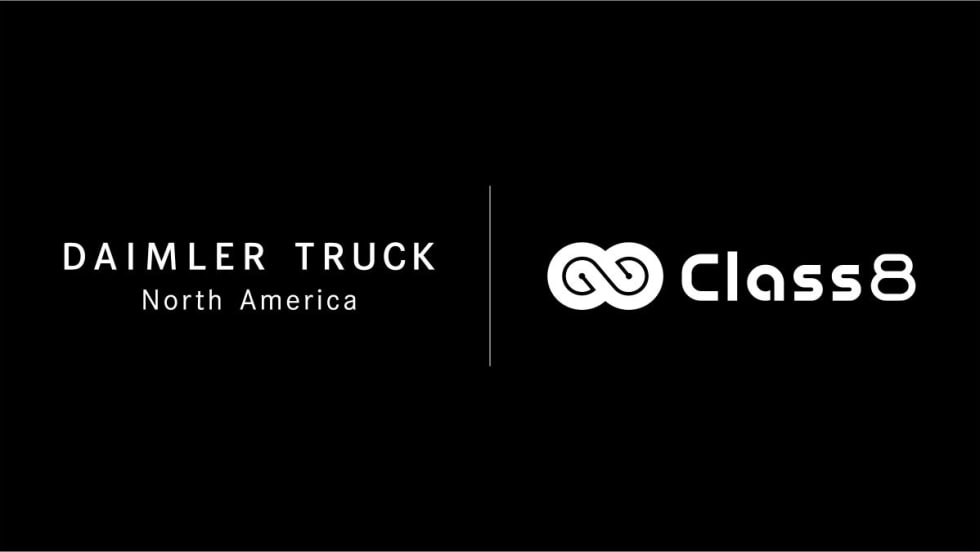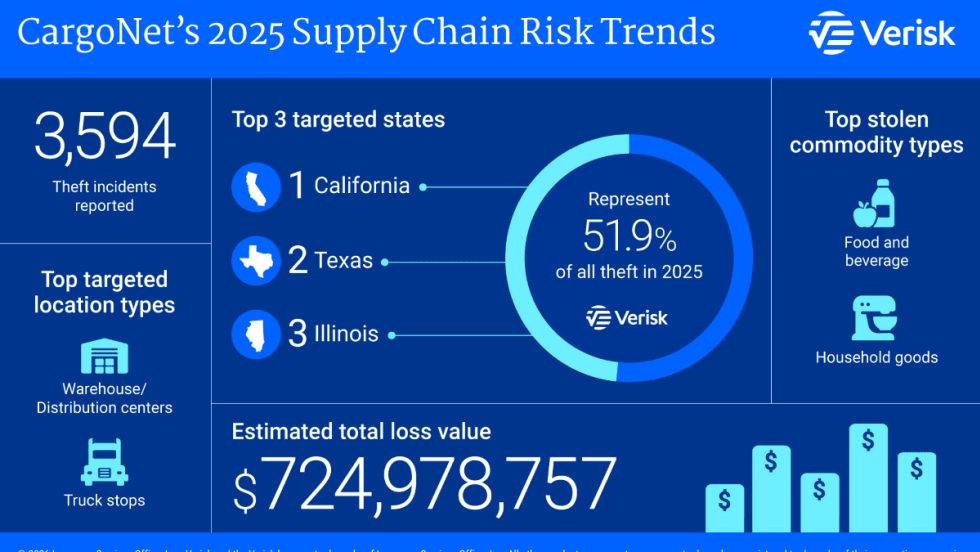Truck capacity is tight, while many private and dedicated fleets have excess capacity. Lanehub says it has a solution, with a technology that allows shippers that have private fleets or use dedicated contract carriers to market their available or anticipated capacity to other shippers.
The two-year-old company describes itself as a collaborative transportation network that enables shippers or carriers to match recurring freight lanes on a consistent basis. This new capability is called Backhaul Assist.
With Backhaul Assist, shippers with empty mileage in their private or dedicated fleets can find the best “matches” with other shippers’ consistent lanes. Users set customizable parameters to automatically determine if there is a match. This way, the shipper with a fleet can get paid for previously unused capacity, while the partner shipper gets its goods shipped at a savings compared to using the spot market.
"We created Backhaul Assist because we found that while many for-hire carriers are paying attention to the spot market, shippers are expanding their private and dedicated fleets to address their capacity issues and looking for partners with reliable, recurring lanes to help get their trucks home," said Mark Hackl, CEO and founder of Lanehub, in a release.
What is Lanehub? The company says it’s a collaborative transportation network that allows carrier and shipper members to work together to identify the best way to implement matches. To date, more than 80% of the 70,000 shipping lanes in the Lanehub platform can be “matched,” according to the company.
“We bring companies together and help them identify efficiencies across their networks by partnering them up within Lanehub,” Hackl explained in a phone briefing for reporters. “The problem we’ve uncovered in our years in the industry is there’s a pretty inefficient process for companies bidding on one-way freight,” resulting in a lot of empty miles and poor asset utilization. “Most shippers are looking at their own network; they’re not really looking upstream or downstream in their supply chain to find ways to collaborate with customers and suppliers. The solution is providing a platform where they can connect and convert traditional one-way moves into more collaborate round trips.”
Lanehub helps shippers find synergies though a map-based interface to help them find best matches on recurring lanes. “Fleets or shippers with fleets can quickly evaluate how different options would work and what the service and revenue options would be and can compare those options,” said COO Chandler Hall in the phone briefing, “instead of taking the first offer that comes along and learning through trial and error if that’s going to work well operationally, or working with brokers on one-offs to get their trucks home.”
Lanehub’s core service provides a social networking type of aspect where companies come together, but the software quickly identifies potential synergies based on the freight lanes where they’re running and helps create partnerships.
The newest capability of this system is Backhaul Assist.
“Based on the increased level of activity and interest, we wanted to make it faster and easier and more transparent to collaborate with their peers,” Handler said.
Lanehub’s Backhaul Assist will help shippers with private and/or dedicated fleets better market their available fleet capacity, Handler and Hackl explained.
These shippers either have a dedicated contract carrier or their own private fleet to get their product delivered, but they don't have a good dedicated backhaul situation. Their main goal is to make sure the product is delivered and their trucks are back home in time to get the next round of products delivered. They don't want to deal with one-off spot market contracts or worry that a driver will run out of hours. They just want a dedicated recurring scheduled backhaul, just like their fronthaul is dedicated and recurring.
Backhaul Assist will help make that happen. It will simplify price negotiations between these shippers with a focus on mutual benefits, making it easier to share the operational requirements that identify where the match will work in practice and what each side needs to know to make it work.
With the amount of data that Lanehub has gathered from its customers, it has been able to improve the software when it comes to the pricing component. With Backhaul Assist, the software is much more specific and detailed around potential savings and how it does the pricing calculations.














